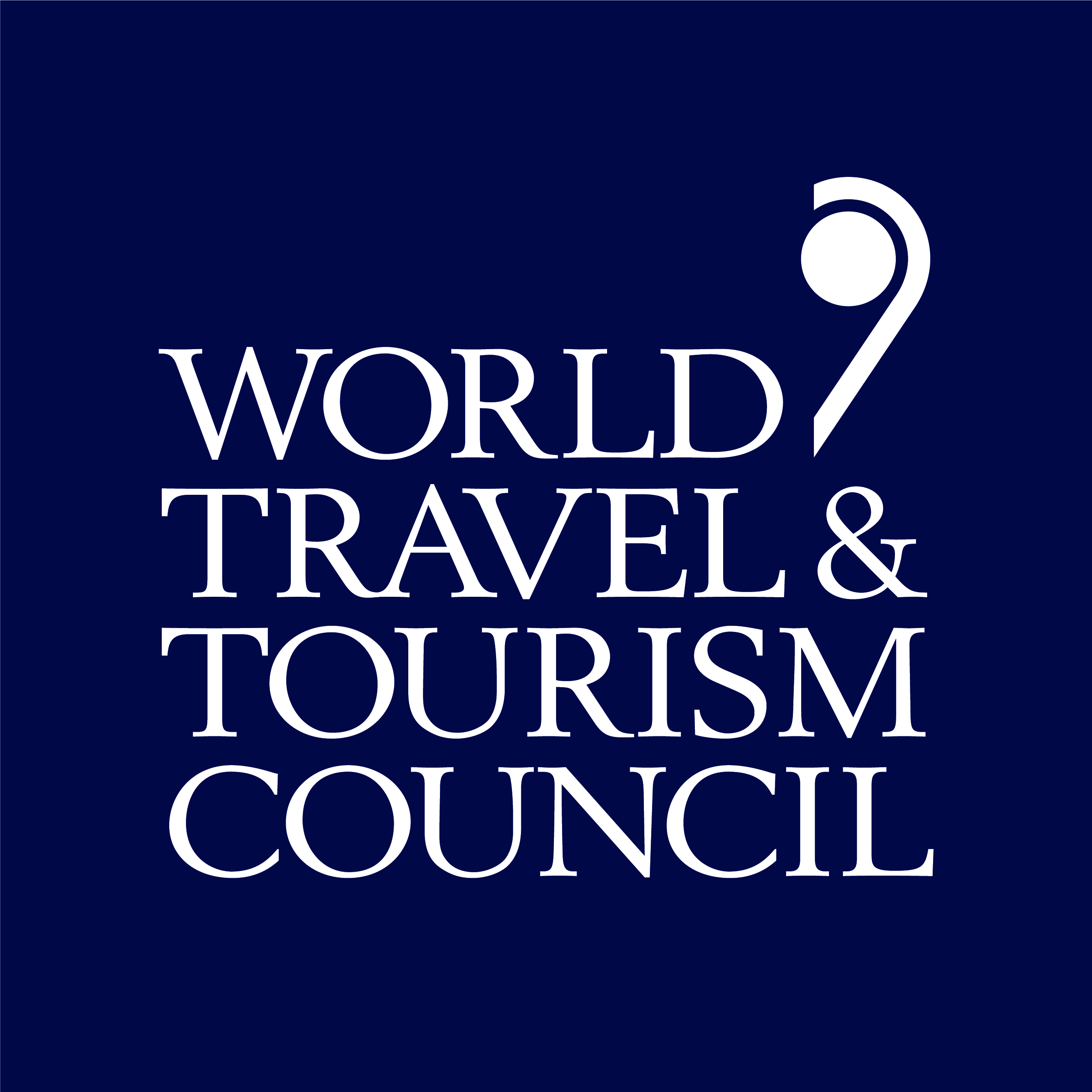Green gateways: Travellers seek sustainable options
.png)
Post-pandemic, there has been a significant shift in consumer behaviour, especially in the travel industry. Vacations, which used to be an end-of-the-year indulgence, has transformed into an almost quarterly pre-requisite. Staycation, workcation, drivecation—avid travellers have found a way to decompress, while working around their daily schedules.
However, with the climate crisis looming large, this boost in travel is directly contributing to carbon emissions. A 2019 study found that tourism-related transport emissions accounted for 5% of all man-made emissions and 22% of total transport emissions in 2016. The study projected a 25% increase in transport-related greenhouse gas emissions (GHG) by 2030, potentially raising tourism-related transport emissions to 5.3% of all man-made emissions.1
Sign in to access actionable insights
Post-pandemic, there has been a significant shift in consumer behaviour, especially in the travel industry. Vacations, which used to be an end-of-the-year indulgence, has transformed into an almost quarterly pre-requisite. Staycation, workcation, drivecation—avid travellers have found a way to decompress, while working around their daily schedules.
However, with the climate crisis looming large, this boost in travel is directly contributing to carbon emissions. A 2019 study found that tourism-related transport emissions accounted for 5% of all man-made emissions and 22% of total transport emissions in 2016. The study projected a 25% increase in transport-related greenhouse gas emissions (GHG) by 2030, potentially raising tourism-related transport emissions to 5.3% of all man-made emissions.1
Currently, with travel and tourism emissions estimated to account for 8% to 11% of GHG emissions (equivalent to 3.9 to 5.4 billion tonnes of carbon emissions out of a total of 48.9 billion tonnes in 2019), it's evident that this impact is significant. Therefore, urgent action is required to accelerate progress towards achieving net-zero goals.
What travellers want
Sustainable Options: After the pandemic, the relevance of sustainability has increased among global travellers. They are socially, financially, and environmentally conscious, with 61% of them wanting to travel in a more carbon-neutral way. While more than 80% of tourists intend to prioritise sustainability in their upcoming trips, 70% believe that companies should offer more sustainable options.
Meaningful Connections: Travellers seek meaningful connections with the places they visit, and sustainable travel allows them to have a positive impact on local communities and small and medium enterprises (SMEs), while gaining enriching experiences. They are also increasingly concerned about ethical issues such as animal welfare, human rights, and social justice. They tend to avoid activities that exploit animals or harm local communities and seek out travel companies and destinations that uphold ethical standards.
Positive Impact: Sustainable travel can provide a sense of personal fulfilment and satisfaction. Many travellers find joy in knowing that their travel choices contribute to positive outcomes, such as supporting conservation efforts, promoting local businesses, preserving cultural heritage, and sustainable development.
Notably, not only is traveller awareness increasing, but their actual behaviour is also changing. For instance, in 2019, 10 million people opted for low-emission flights. Therefore, SMEs in Travel and Tourism stand to gain from this behaviour and should prioritise sustainability. They must ensure the provision of accurate and transparent information regarding the climate impacts of tourism, GHG emissions, and carbon offset activities. This transparency is crucial for empowering consumers to make informed choices.
In this context, the WTTC’s Net Zero Roadmap aims to assist stakeholders in the industry, from private companies to sustainability experts. It focuses on enhancing understanding of current emission levels and climate commitments within the private sector by identifying common challenges, areas needing support, and strategies for decarbonisation.
By working together, multiple stakeholders such as tour operators, accommodations, airlines, and cruises can help reduce the negative impacts of this carbon-heavy industry. This will ensure more travel opportunities for the future globetrotter.


















